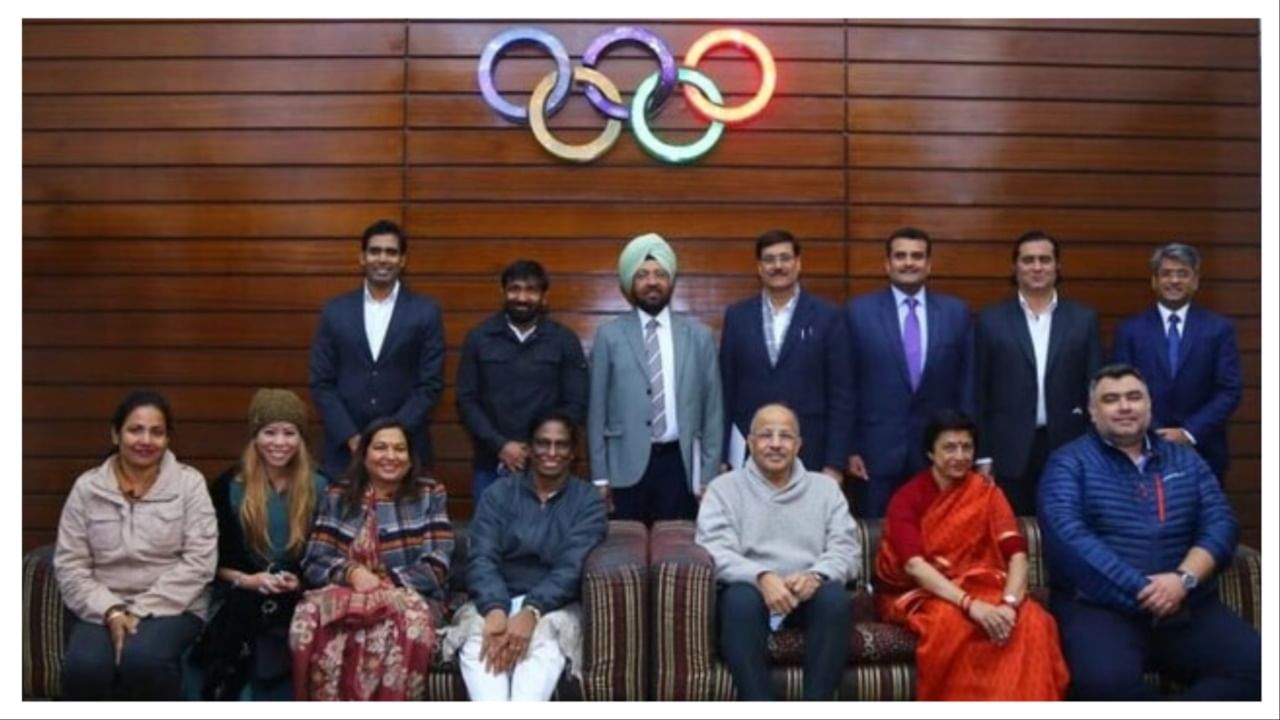New Delhi: The Indian Olympic Association announced formation of an anti-doping panel and also ended a long-drawn internal feud to ratify appointment of CEO Raghuram Iyer on Thursday.
IOA president PT Usha had sought to appoint Iyer at Rs 20 lakh per month in January 2024, which its executive council members refused to ratify over his huge pay package.
But at the behest of Sports minister Mansukh Mandaviya, long-standing differences within the IOA were resolved to pave way for Iyer’s formal appointment.
The IOC also decided to set up a seven-member anti doping panel to curb the alarming growth of the menace after World Anti-Doping Agency’s 2023 testing figures placed India on top for highest positive cases.
India were ranked No. 1 among countries that analysed 5,000 or more samples with a high positivity rate of 3.8 per cent for banned substances.
Former tennis player Rohit Rajpal will be the chairperson of it that would also have former shuttler Aparna Popat and sports medicine expert PSM Chandran, among others.
“The IOC (International Olympic Committee) mentioned high doping cases in India when IOA (delegation) visited Lausanne,” Iyer said at a press conference where Usha and EC members attended.
India’s history of doping was pointed out when Usha led an IOA delegation to IOC’s headquarters in Lausanne recently, to speak about the country’s willingness to bid for 2036 Olympics.
‘Sports Bill not curbing independence’
Usha also welcomed the freshly-introduced Sports Bill that was tabled in Parliament on Wednesday with an aim to reform sports governance in the country.
“The IOC was concerned about two-three issues but the ministry consulted the world body and other international federations and then the bill was cleared,” Usha said, having earlier opposed to the formation of a National Sports Board that could potentially invite ban for interference.
Once the bill becomes an act, the National Sports Board will have authority to grant recognition to national sports federations and also regulate funds allocated to them.
“New National Sports Bill should not be construed as intervention from Sports ministry but as cooperation and coordination with the stakeholders including IOA and NSFs (National Sports Federations),” IOA’s joint secretary Kalyan Chaubey said.
“The new bill was very clear that whenever there is conflict in any provision with the statutes of international federations, those of latter will prevail.”
